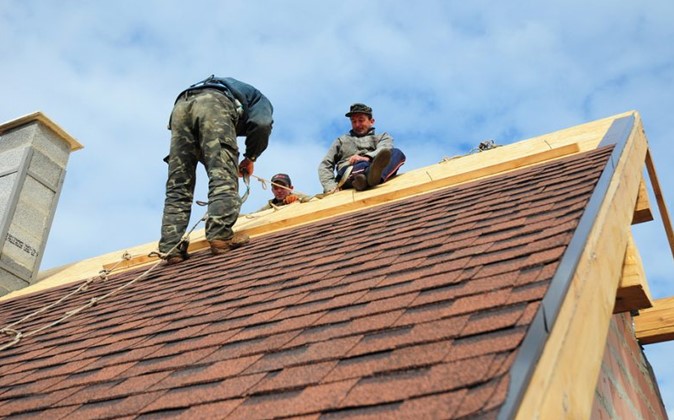When it comes to owning a home, there are many things to consider in order to keep it running smoothly. Two of the most important systems in any home are the plumbing and electrical systems. Understanding how these systems work can help you maintain them properly and prevent costly repairs down the line.
The plumbing system in your home is responsible for bringing clean water into your home and removing waste water. It consists of pipes, fixtures, and appliances such as sinks, toilets, showers, and washing machines. The main components of a plumbing system include: – Water supply lines: These pipes bring clean water into your home from the municipal water supply. – Drainage lines: These pipes carry waste water away from your home to the sewer or septic tank. – Fixtures: These include sinks, toilets, showers, and bathtubs where water is used. – Appliances: These include washing machines, dishwashers, and water heaters that require a water supply.
It’s important to regularly inspect your plumbing system for leaks or clogs. Signs of a problem may include low water pressure, slow draining sinks or toilets, or wet spots on walls or ceilings. If you notice any of these issues, it’s best to call a professional plumber to diagnose and fix visit the source electrical system in your home is responsible for providing power to all of your appliances and devices. It consists of wires, outlets, switches, circuit breakers or fuses that control the flow of electricity throughout your home. The main components of an electrical system include: – Service panel: This is where electricity enters your home from the utility company. – Circuits: These are pathways that deliver electricity to different areas of your home. – Outlets: These are where you plug in appliances and devices. – Switches: These control the flow of electricity to lights or other fixtures.
To ensure the safety of your electrical system, it’s important to regularly inspect it for signs of wear or damage. Signs may include flickering lights, tripping circuit breakers frequently blown fuses, or burning smells coming from outlets or switches. If you notice any of these issues, it’s best to call a licensed electrician who can safely diagnose and repair any problems.




